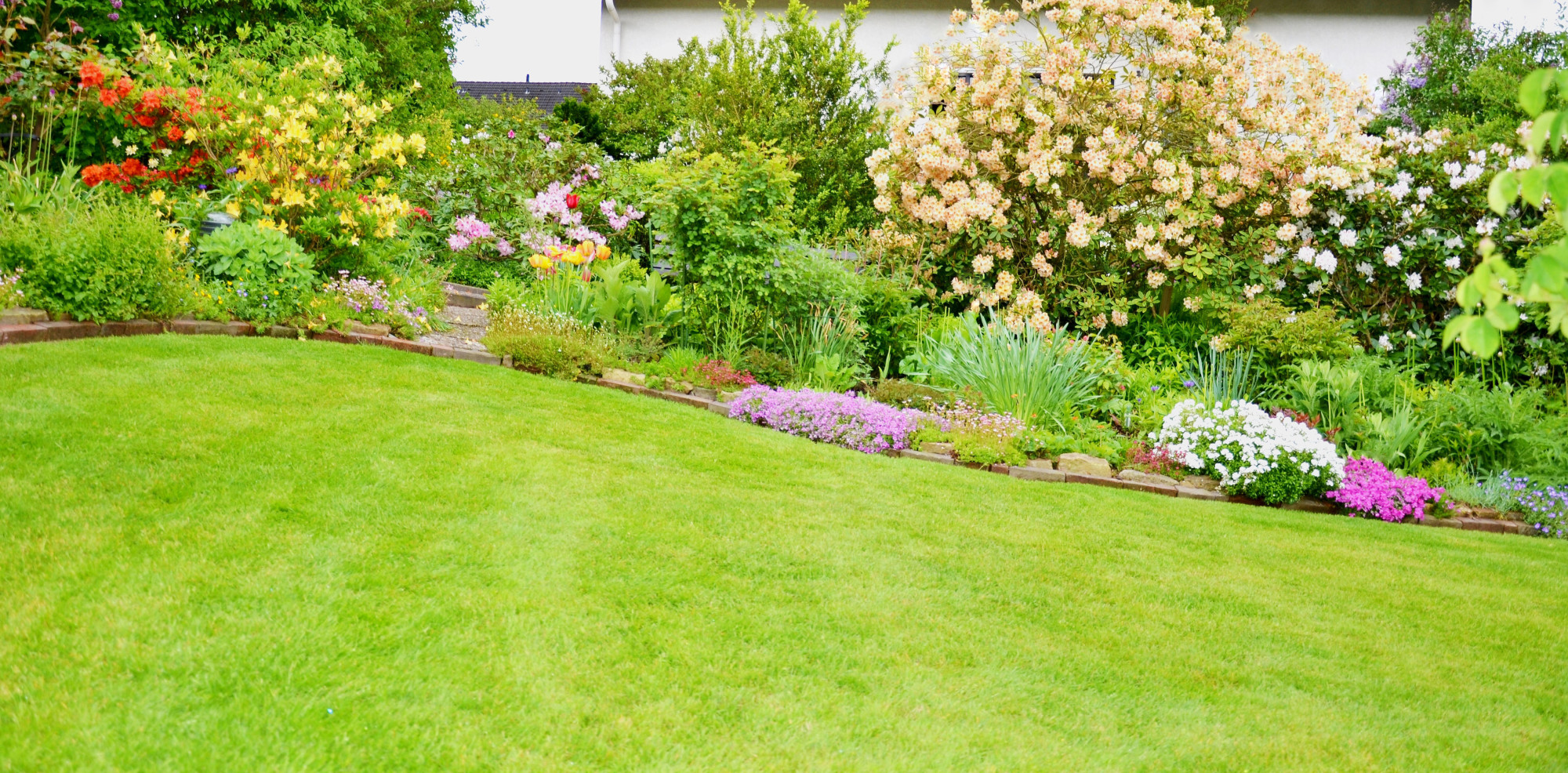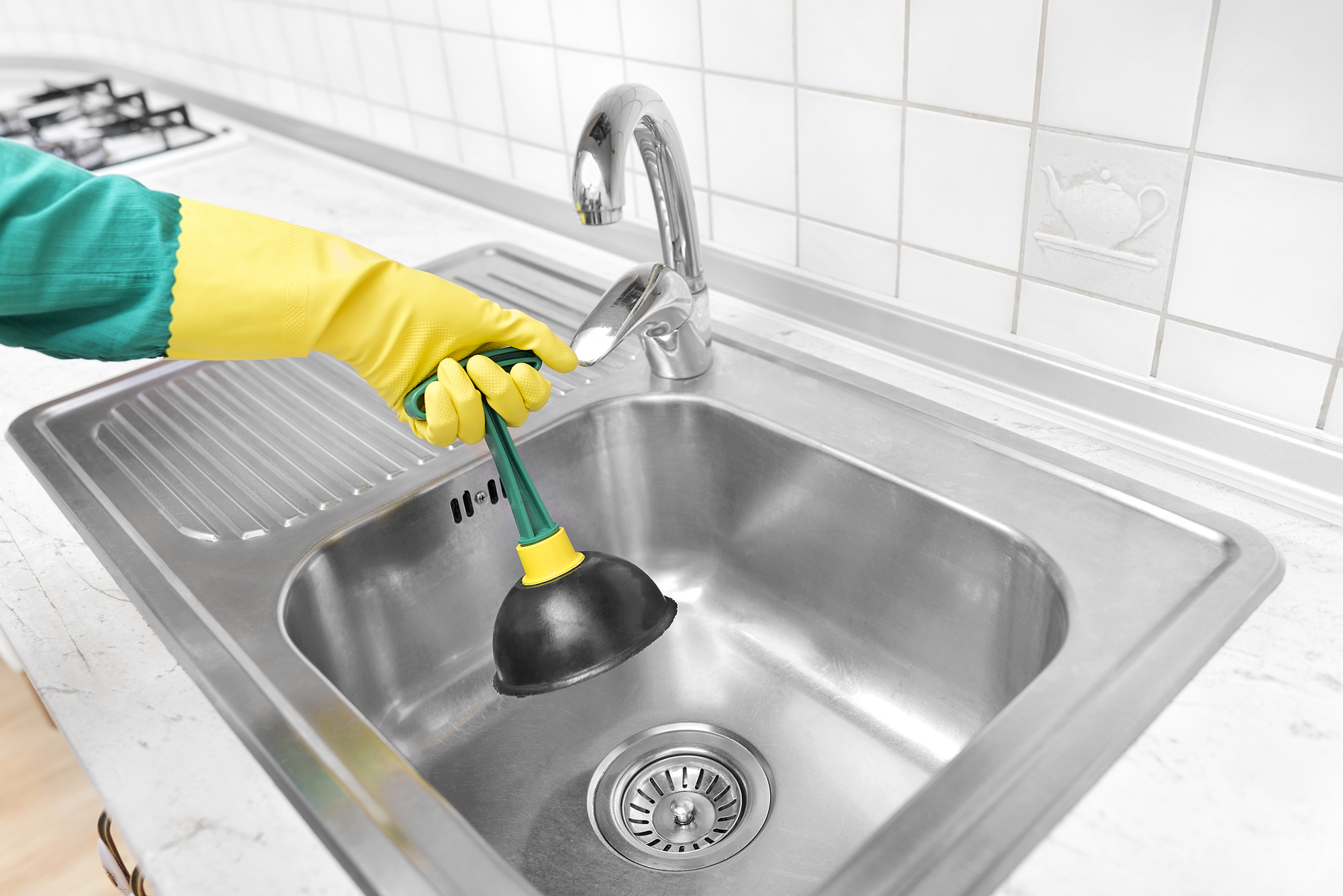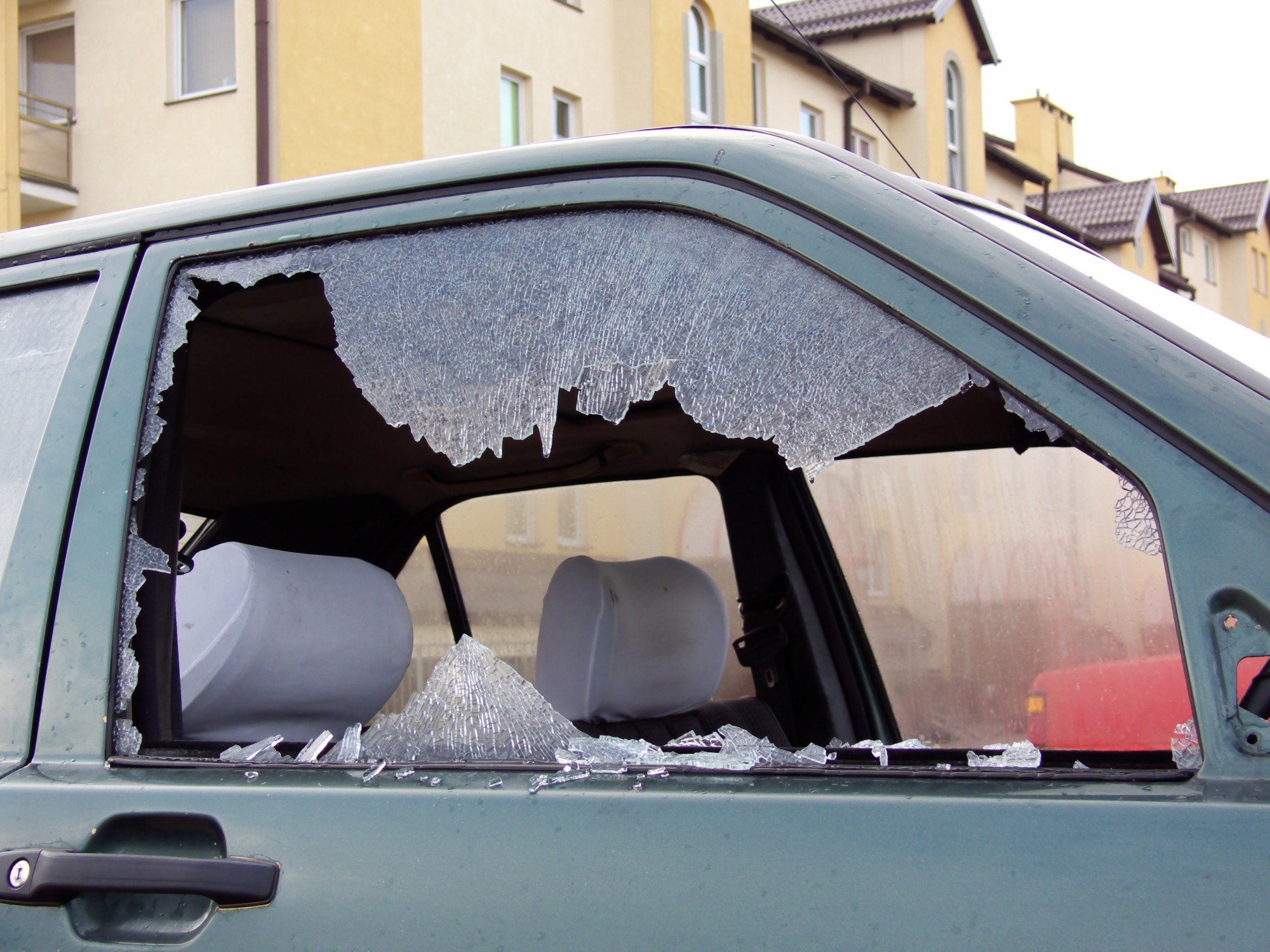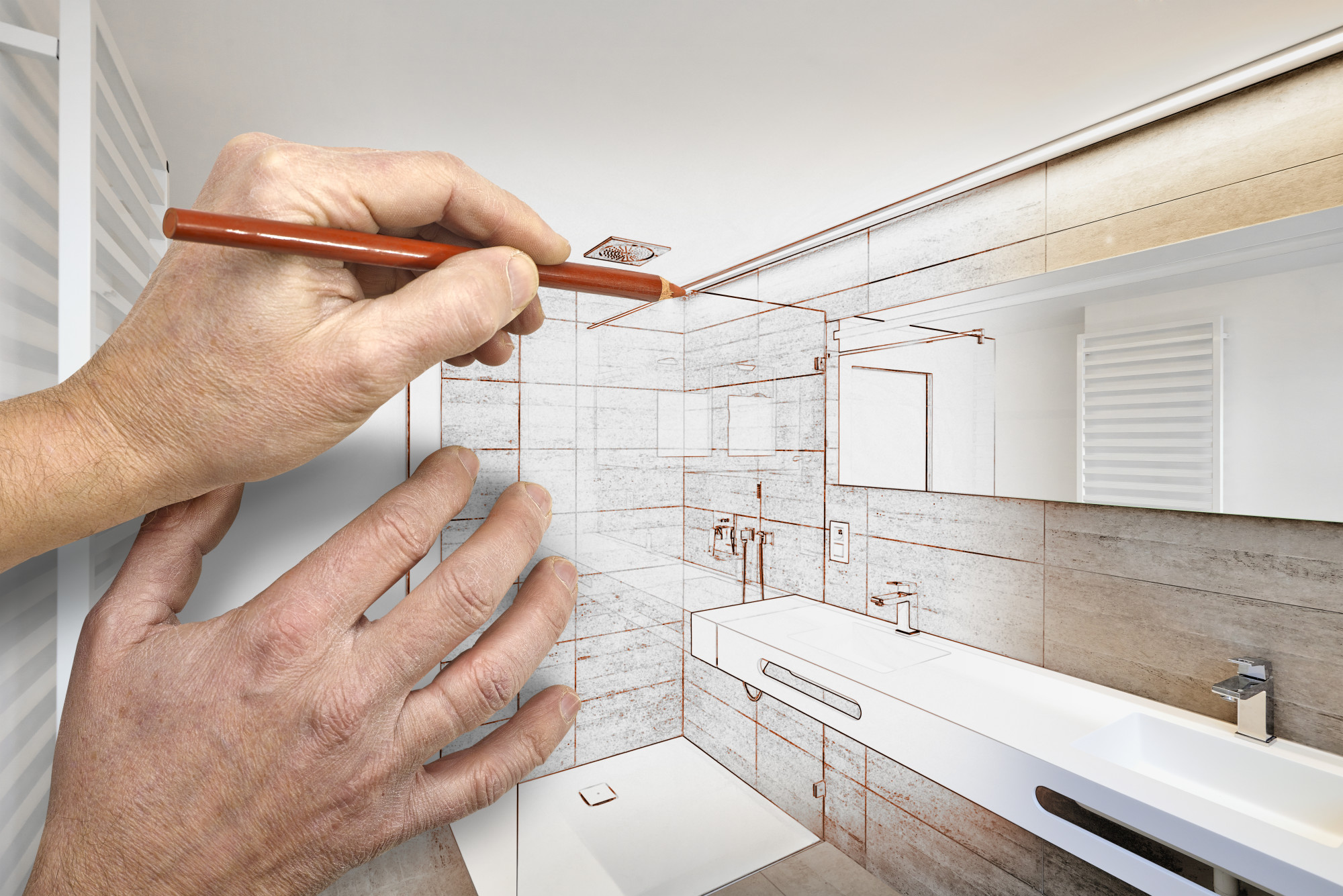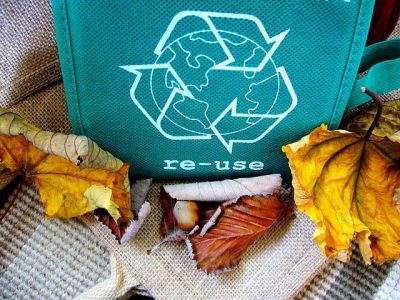If you’re interested in the environment and looking after our planet, then a no-waste lifestyle is the way to go. Like our grandparents learned before us, wasting as little as possible leads to more money in your pocket, and a greener carbon footprint.
In an effort to be more eco-conscious, many people are adopting the no-waste lifestyle with gusto. This means they try and do all they can to reduce or eliminate the amount of waste they create.
If this kind of living sounds just up your street, then check out our beginner’s guide on how to start living your best zero waste life.
Meal-Plan and Cook
Roughly one-third of the world’s food – 1.3 billion tonnes – is lost or wasted every single year. That’s a pretty shocking statistic, considering that global hunger affects over 815 million people worldwide.
To reduce your food waste, the first thing to do is start cooking your own food. Buying fresh and whole ingredients and cooking from scratch will help you look and feel better, but that’s not all.
When you plan out your recipes and meals for the week, you’ll know exactly what you’re eating and how much you’re spending on food. Make sure leftovers are included in your meal plan, and you’ll clean out your fridge each week with ease.
Compost
Once you start cooking for yourself, you automatically start generating more organic waste. But our earth is downright marvelous, and it’s able to put your mounds of vegetable peels to good use in the garden.
Composting, and eco-friendly gardening in general, allows you to give back to the environment, turning that organic waste into clean green soil and air.
Bring in Reusable Containers, Cutlery and Crockery
Instead of using disposable dinner-, baking- and storage-ware, opt for ceramic, metal or glass instead. Of course, not many of us use paper and plastic plates and cutlery at home, but when we’re out and about, it’s a different ballgame.
To avoid adding to the garbage mountain, invest in either melamine, tin, wood or enamelware. Keep an enamel plate, and some cutlery in your car or handbag so you can skip the disposable stuff. And take a reusable flask to your local coffee shop – you may even get some money off your beverage as a result.
Reduce Your Plastic Usage
Plastic, in general, is seriously bad for the environment. It’s hard to dispose of, releases harmful chemicals when it melts, and is a menace to sea-life. Most plastics aren’t bio-degradable, and those that are can take over 400 years to break down.
With that in mind, skip the plastic. Take along reusable shopping bags and totes when grocery shopping, and use sustainable materials wherever possible.
Bulk-Buy
Not only does bulk-buying your groceries and supplies save you heaps of money, but it reduces the waste you generate, too.
Fewer individually-wrapped items result in less packaging and an emptier trash can. Bulk-purchasing also helps fill up your refrigerator and freezer, which lowers running costs and reduces wasted energy.
Cloth Diapers for the Baba
For the parents among us, there’s no denying that a baby is a cute, cuddly poop-machine. Add to that the fact a single disposable diaper takes up to 500 years to break down in a landfill, and our babies are unwittingly generating serious waste, one poop at a time (no pun intended).
Cloth diapers are a game-changer. Not only do they dramatically reduce our generated waste, but they’re also better for baby, can reduce diaper rash, are more convenient and will save you heaps of money.
Buy Quality Clothing
There’s a reason your mom and grandma still have some of the same clothes you saw them in when you were a kid. Until relatively recently, it was the norm to buy quality clothing.
Opt for natural, durable and sustainable textiles like cotton, wool, and leather. These have a low environmental impact and can give you years – even decades – of faithful use, before showing signs of wear.
Repair and Reuse
The “make do and mend” attitude is back with a bang, and it’s one of our top zero waste living tips. When something you own gets torn, chipped or tired, then make do and mend!
Darn socks, sew up holes, repair cracks, and chips, and upcycle your furniture to make it like new. Odd pieces of crockery can be made into an eclectic new set or can be repurposed to create light fittings, storage pots or cake stands.
If your kitchen is starting to get that ‘faded glory’ look, a lick of paint and pretty door handles can give it a new lease of life that could last for years, and save you a trip (or several) to the garbage dump.
Buy Only What You Need
This one kind of seems like a no-brainer, but it’s important to remember that zero waste living is a mentality. Generations before us were brought up owning very little and having to make do with less. Unfortunately, that’s translated into their children and grandchildren – us – buying stuff until it comes out of their ears.
There’s no problem with owning a lot, but make sure it’s functional, and don’t waste it. Don’t buy things ‘just in case’, don’t hoard store-cupboard ingredients, and if you have something you haven’t used in a while, donate it to charity so someone else can.
Be Energy-Conscious
Electricity and energy consumption contributes to air pollution and waste. By being mindful of our energy usage, we can lower our carbon footprint and save money in the process.
That translates to how we get around, too. Walking is the most carbon-neutral way to get around, with riding a push-bike coming a close second, and public transportation is preferable to a car.
If you do use a vehicle, think about your errands and plan your route to use as little fuel as possible. This leads to less air pollution and fewer trips to the gas station for you.
You Can Start Living a No-Waste Lifestyle
A no-waste lifestyle often results in a better quality of life, more money in the bank, and a cleaner, greener earth. By using zero waste products, repairing and repurposing, you’ll get more life out of the things you own.
As our planet suffers the effects of bad management, greener living helps to care for the environment and nurse it back to health. If you want to live in a more eco-friendly home, then check out our 5 green renovation tips that’ll help.


